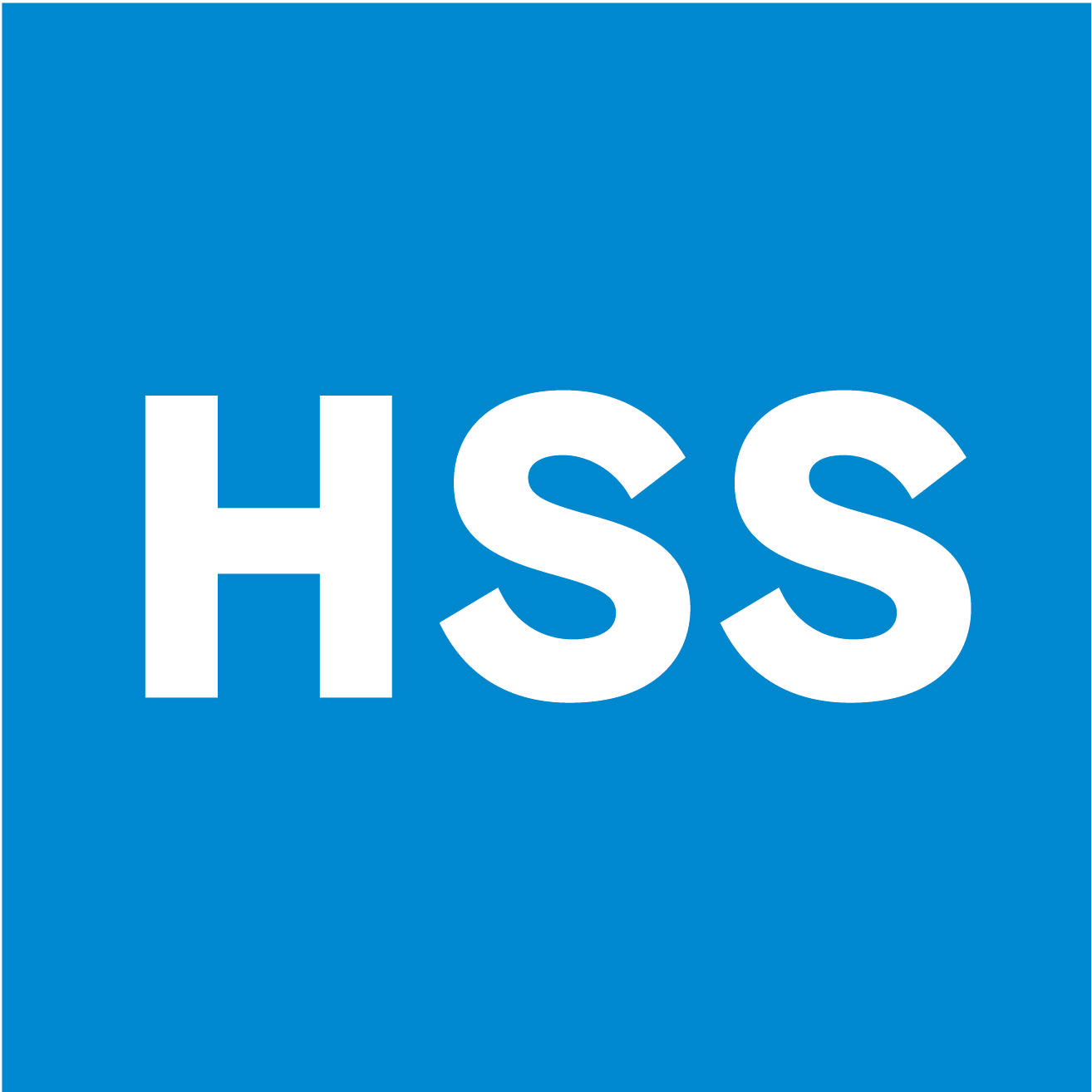Newswise — Your son or daughter's sharp leg pains in the middle of the night can frighten child and parent alike, raising the question about whether the child should go to school in the morning, or go to the doctor. Most often the pains are gone in the morning and, if called, the physician will tell you it was "just growing pains."
But what if the pain is not gone in the morning or a parent is not sure they are just routine "growing pains?" How do you know whether "growing pains" might actually be an early sign of arthritis or another rheumatic disease?
"Nearly 300,000 children in the U.S. suffer from rheumatic diseases such as juvenile arthritis (JRA), fibromyalgia, chronic fatigue, systemic lupus erythematosus, scleroderma or Kawasaki disease," said Thomas J.A. Lehman, MD, Chief, Division of Pediatric Rheumatology for the Hospital of Special Surgery in New York City.
"Children do have growing pains; in fact, they are fairly common. But unfortunately, many children with serious problems are misdiagnosed with growing pains for weeks or even months," Dr. Lehman added. "Children with arthritis often walk abnormally after waking up in the morning, but since they appear to get better in a few minutes, no one is very concerned."
According to Dr. Lehman, parents need to know that:
"¢ Growing pains never occur during the daytime."¢ No matter how severe the pain at night, children with growing pains are always fine the next morning."¢ Any child who wakes up in the morning with pain or experiences pain during the day requires a careful medical evaluation.
Dr. Lehman says growing pains typically occur in young children between the ages of three and eight years. The child will wake up suddenly from a deep sleep complaining that his or her legs hurt. Typically, parents become aware of the problem because the child is crying in bed. Most often the episode occurs a few hours after the child has gone to sleep, but it can occur in the middle of the night. Often the child will point to the front or back of the knee or the muscles just above the knee. The pain will usually disappear with 10-15 minutes of gentle massage and be completely gone in the morning.
If the pain goes away and the child is fine in the morning, a trip to the doctor is not usually necessary, but any child with persistent pain or pain during the day should be medically evaluated.
When you take your child to the doctor because you are concerned about their pain, doctors need to know:
"¢ What is the quality of the problem: is it a sharp pain or a dull ache?"¢ What is the exact location of the problem?"¢ How long has the pain been going on and how did it start?"¢ Is it getting better over time, or worse?"¢ What lessens the pain, what makes it worse?"¢ Is the pain in the joint (where the bones come together) above or below the joint?"¢ Is the child in pain without being touched, or does it hurt only if you squeeze the area?"¢ Is it one joint that hurts or several?"¢ Is the area hot or warm to the touch?"¢ Is it red or obviously swollen?"¢ Does the child have other symptoms such as a rash, bumps, etc?
"Proper evaluation consists of taking a careful history and doing a complete physical exam. In the hands of an experienced physician, this is often sufficient to establish diagnosis. Further testing may be ordered only to confirm the diagnosis and assure that there is nothing else wrong," said Dr. Lehman.
Dr. Lehman, author of It's Not Just Growing Pains, published by Oxford University Press, is also professor of clinical pediatrics at Weill Medical College of Cornell University.
For more information on helping children with Musculoskeletal Disease, contact the National Institute of Arthritis and Musculoskeletal and Skin Diseases at www.niams.nih.gov; The Food and Drug Administration at http://www.fda.gov; The American Academy of Pediatrics at http://www.aap.org; The American College of Rheumatogy at http://www.rheumatology.org/index.asp and the American Academy of Orthopedic Surgeons at http://www.orthoinfo.aaos.org. Dr. Lehman provides more information about the childhood rheumatic diseases at http://www.goldscout.com
About HSSFounded in 1863, the Hospital for Special Surgery is a world leader in orthopedics, rheumatology and rehabilitation. Ranked No. 1 in the Northeast in its specialties by U.S. News and World Report, HSS was awarded Magnet Recognition for Excellence in Nursing Service from the American Nurses Credentialing Center. A member of the New York-Presbyterian Healthcare System and an affiliate of Weill Medical College of Cornell University, HSS provides orthopedic and rheumatologic patient care at New York-Presbyterian Hospital at New York Weill Cornell Medical Center. All HSS medical staff are on the faculty of Weill Medical College of Cornell University. Its Research Institute is internationally recognized as a leader in the investigation of musculoskeletal and autoimmune diseases. The hospital is located in New York City, www.hss.edu.
